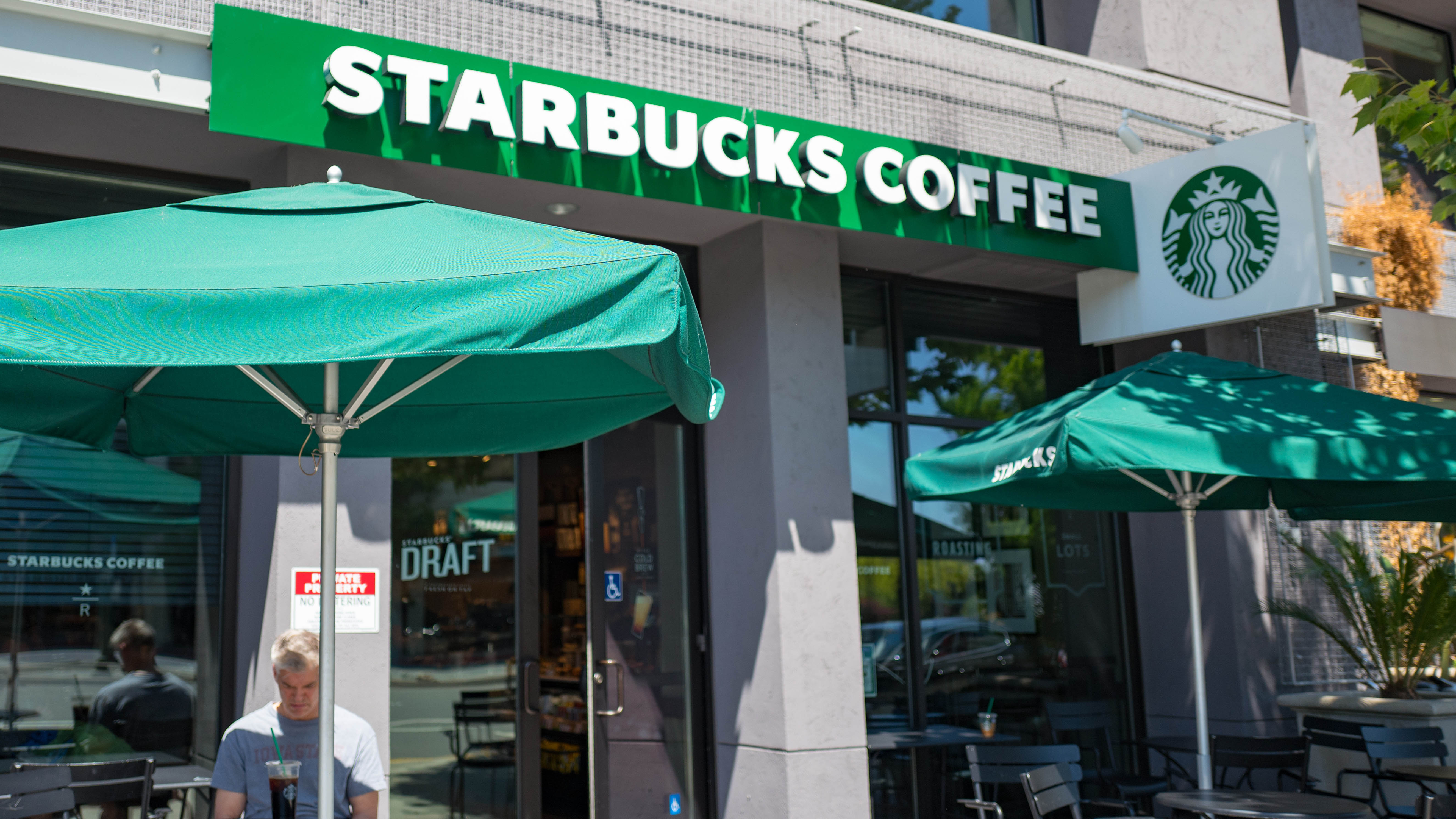INDIANAPOLIS, Indiana, December 16, 2008 (ENS) - Indiana public employees and visitors to the Government Center's cafeterias will now be eating and drinking out of bio-based plastic containers made from Cereplast compostable resins.
As of Monday, biodegradable and compostable cold-drink cups and containers are being used on the salad bars in both the cafeterias of the Government Center.
"We are very pleased that the Indiana Government Center has decided to take advantage of products made from Cereplast resins," said Frederic Scheer, Chairman and CEO of Cereplast. "The cooperation and assistance of Indiana's Greening the Government program and the Indiana Corn Marketing Council for this initiative were instrumental."
Cafeteria customers will not see a price increase due to the switch according to Indiana's Department of Administration.
"Working with the C.A.F.E. Group, a division of Treat America Food Services, to transition our Government Center cafeterias from petroleum-based plastics to corn-based plastics, makes sense both economically and environmentally," said Phillip Giddens, director of Indiana's Greening the Government program.
"Not only are we able to support Indiana farmers and the Indiana operations of Cereplast, we are reducing the volume of petroleum products directed to Indiana's landfills, opting instead for a corn-based plastic that is both biodegradable and compostable."
"As more and more consumers and businesses look for economical ways to make positive environmental choices, demand for corn-based plastics like those from Cereplast will continue to increase," said David Gottbrath, chair of the Indiana Corn Marketing Council's New Uses Committee and a farmer from Pekin, Indiana. "This is a great example of the kinds of innovations that are possible when government, private industry and Indiana's corn farmers partner and collaborate."
U.S. & World
"Through the Indiana corn checkoff, we - as corn producers - are excited to help market and promote the use of corn-based plastic in the Government Center," Gottbrath said.
"This program provides further evidence that bio-based products made from Cereplast resin are an economic alternative to petroleum-based plastics in food serviceware and single use applications," Scheer said.
Headquartered in the Los Angeles suburb of Hawthorne, California, Cereplast manufactures two families of plastic resins based on biopolymers and mixtures of plant starches.
Its Cereplast Compostables product line, certified as biodegradable and compostable in the United States and Europe, replaces 100 percent of the petroleum-based additives found in traditional plastics with renewable, plant-based starches.
Its Cereplast Hybrid Resins replaces half or more of the petroleum-based content in plastic resin with bio-based compounds such as cornstarch or tapioca starch.
Cereplast is in the process of locating the world's largest bio-based plastic resin manufacturing and distribution facility in the southern Indiana town of Seymour, creating up to 200 new jobs.
The company will initially invest more than $7 million to equip an existing 100,000-square-foot industrial building for its new purpose.
"Cereplast is exactly the kind of business that we're most interested in attracting. A unique company like this that has market-changing possibilities and the potential for rapid growth is a big win for Indiana," said Governor Mitch Daniels last December, when the Cereplast investment was announced.
Scheer said, "After a long search we decided to settle down in Indiana for this facility, in the heart of the Midwest, where we have easy access to our raw materials allowing us to reduce the carbon footprint of our operations by reducing transportation lines."
The Indiana Economic Development Corporation offered Cereplast up to $665,000 in performance-based tax credits and up to $60,000 in training grants based on the company's job creation plans. The State of Indiana will provide the City of Seymour with a grant of up to $200,000 to assist in off-site infrastructure improvements needed to serve the new facility. The city will provide the company with property tax abatement and off-site infrastructure improvements.
The company will continue to operate its suburban Los Angles headquarters and manufacturing center and also plans to manufacture up to half a billion pounds of bio-based plastic resin every year at the new Indiana facility once it reaches full capacity in 2010.
Copyright Environment News Service (ENS) 2008. All rights reserved.




